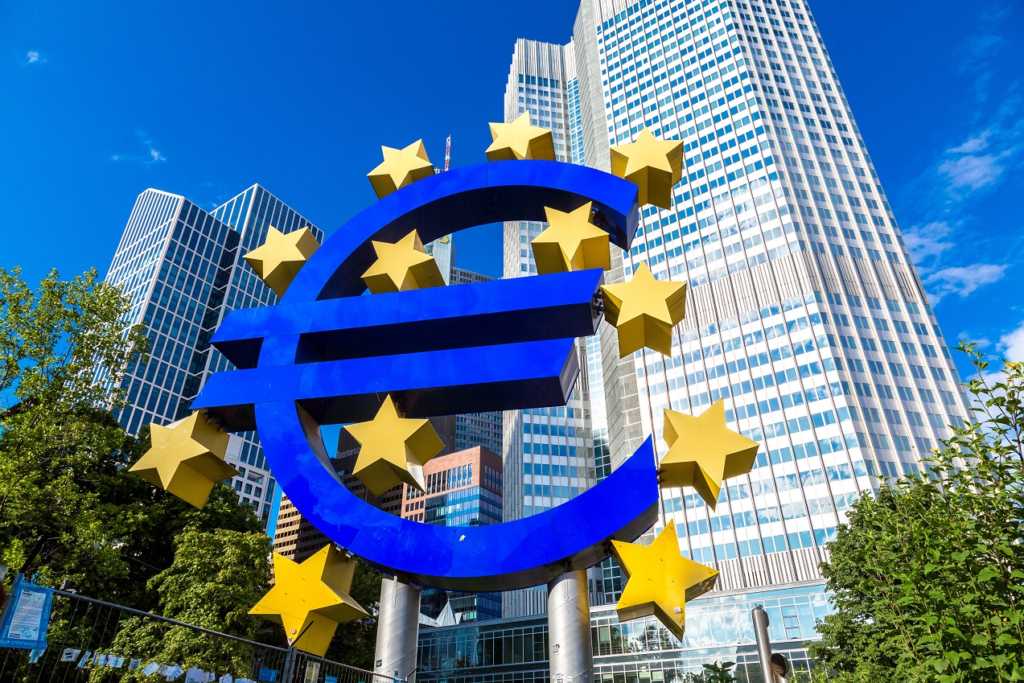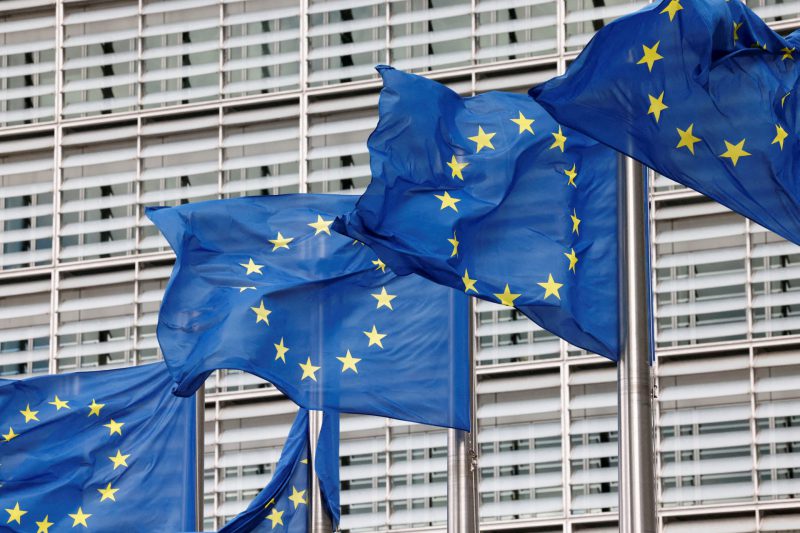The European Union (EU) has just unveiled its brand new Web4 and Virtual Worlds strategy in a press release issued this week. Indeed, the reveal came from the European Commission (EC) which has sought to create “Web4 and virtual worlds reflecting EU values and principles.
The announcement discussed the rapid development of the internet and the need to look beyond Web 3 to what lies ahead. Moreover, they have stated that their strategic understanding of Web 4.0 “will allow an integration between digital and real objects and environments, and enhanced interactions between humans and machines.”


Also Read: EU Finalizes New Crypto Banking Rules
EU Announces Web4 Strategy
The technology sector is undoubtedly one of the fastest-moving in the modern world. Consequently, the internet follows suit, rapidly growing and expanding, on the basis of which the world is constantly evolving. Now, the EU has developed a new plan of action in this new phase of interest development.
Specifically, the European Union has recently unveiled its Web4 and Virtual Worlds Strategy in a new press release issued Tuesday. Moreover, this strategy is a long-term one, similar to its 2030 economic outlook, as covered in a press release issued in March.

Also Read: European Union Delays Implementation of Digital Euro Legislation
The release noted Web 4.0 as “a major technological transition bringing a seamlessly interconnected, intelligent, and immersive world. Thereafter, note that the market size of the virtual world is expected to increase from €27 billion in 2022 to an astronomical €800 billion by 2030.
Within the press release, the EU highlighted what they referred to as “Key strategy Pillars” in its statement. Among those is the necessity to “build a talent pool of virtual world specialists. Additionally, to support European Web4 ecosystems, virtual public services to support progress, and the development of “global standards” in the virtual sector.





